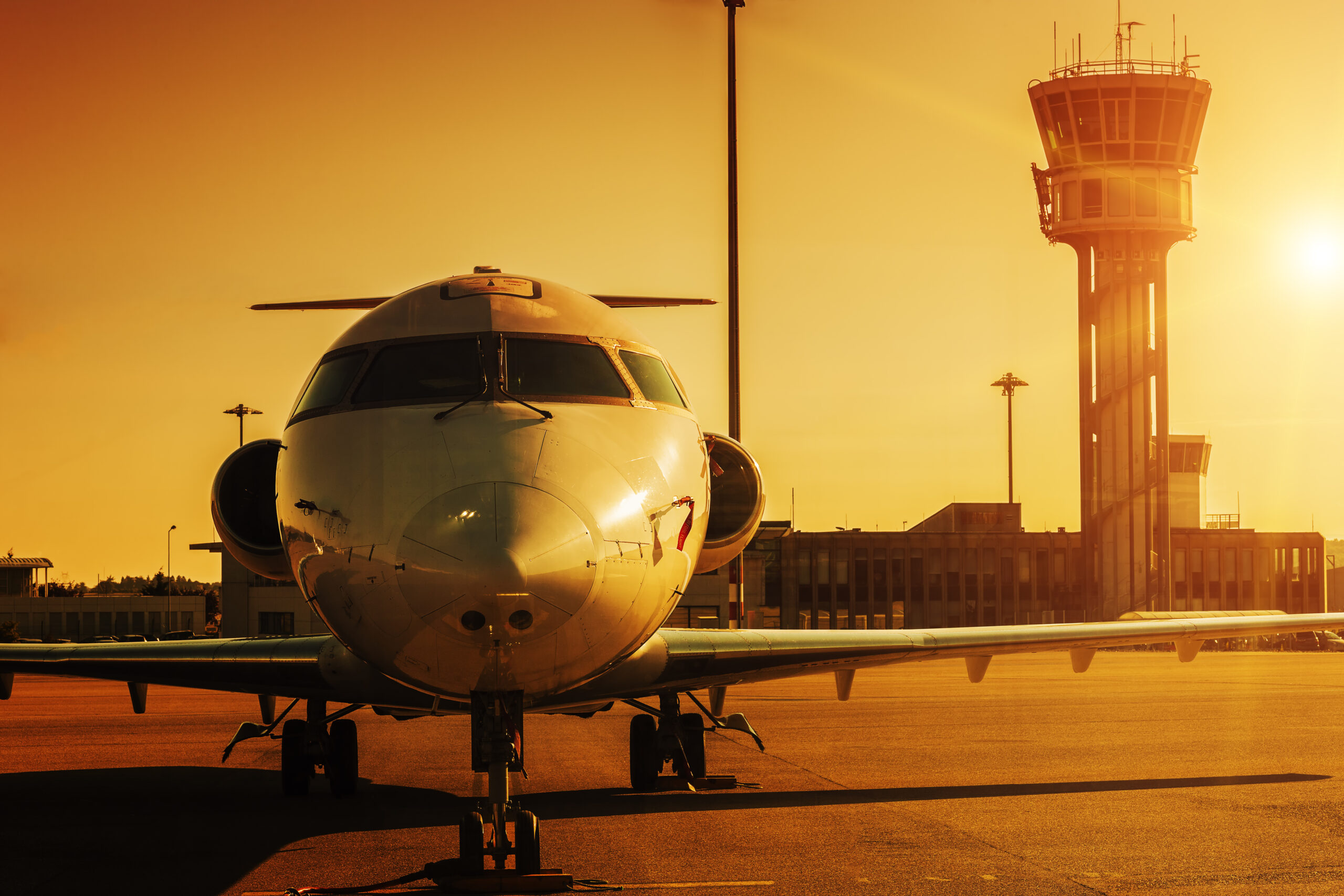Libya and Africa’s Airport Dilemma
One of Africa’s most significant business and economic growth hurdles is the lack of logistic and transportation infrastructure.
According to a 2018 report by the African Union, the continent has less than 4% of the global air market despite having 16.75% of the world’s population, with over 1.4 billion people. Experts pin the problem on a lack of a strong network of routes that would make it easy to travel within the continent’s 54 countries and from African countries to Europe and the Middle East. Many explain that an African traveler would have to connect through Europe or the Middle East to fly within the African continent.
Before Libya’s 2011 war, the country had plans to build a new airport that would work as Africa’s hub for travelers within the continent and to other regions worldwide. In 2018, Libya’s old airport had a passenger capacity of 3.5 million travelers a year, with plans to increase it to 20 million by constructing a new airport.
At the moment, after the burning of Libya’s old Tripoli International Airport in 2015 during clashes between militias, Libya’s aviation is operating out of a small fixed-up warehouse suitable for a small, poor country but not an oil-rich state.
In 2022, Egypt’s Cairo International Airport was listed as the continent’s busiest, with 20 million passengers, Morocco’s Mohamed V International Airport at number 4 with 7.6 million passengers, and Algeria’s at number 9 with 6.3 million passengers.
At the moment, and with the financing and expertise of the Qataris, Rwanda has started construction of its new airport in the capital city of Kigali. At a total cost of $2 billion, the airport will have two strips of tarmac, a 130,000 square-meter main terminal building with a capacity of 8 million passengers, and the potential to increase it to 14 million passengers in a decade. In addition, the airport will have a cargo facility with a 150,000 tons capacity per year.
Qatar Airways will own 49% of Rwanda Air and a 60% share of the new airport, committed to connecting the Kigali airport to over 65 global destinations. With the 2026 completion date, Rwanda plans to be Africa’s leading hub for African travelers within and outside the continent.
Although more than 20 billion Libyan dinars are under the management and control of Libyan investment companies in Libya outside the freeze control, these companies have failed over the past ten years to bring about any significant change in Libya’s basic infrastructure, which is in dire need of any change.
Thus, Libya’s new and evolving airport will remain a dream. Many Libyans wonder whether this is due to a lack of will or lack of knowledge, or maybe both.
Omar Khattaly
A Researcher specializing in Sovereign Wealth Funds and the Middle East & Africa Political Economy




